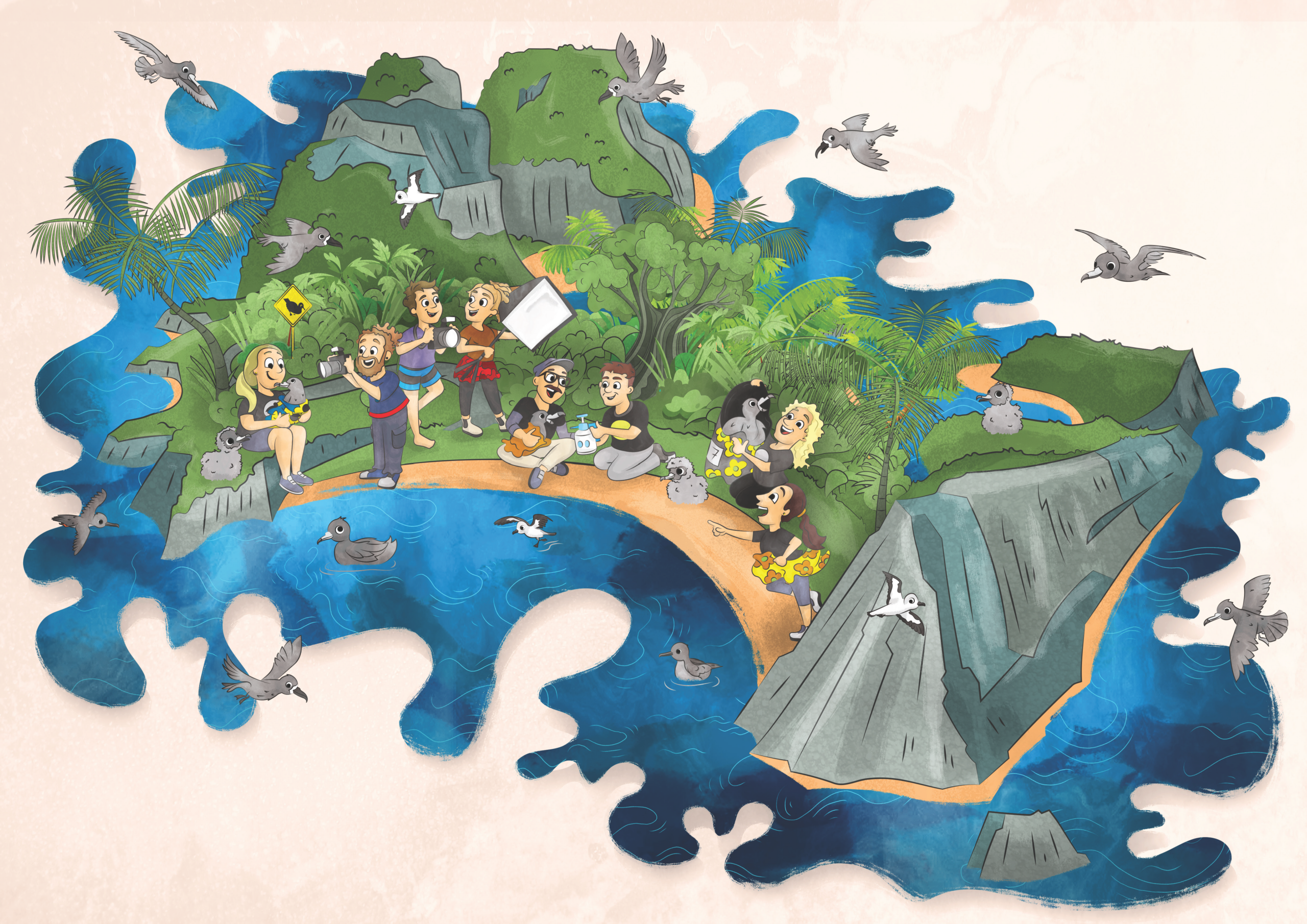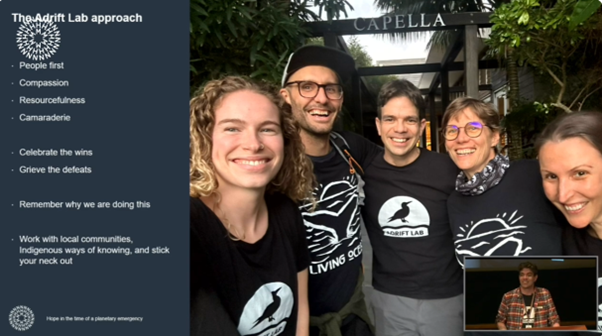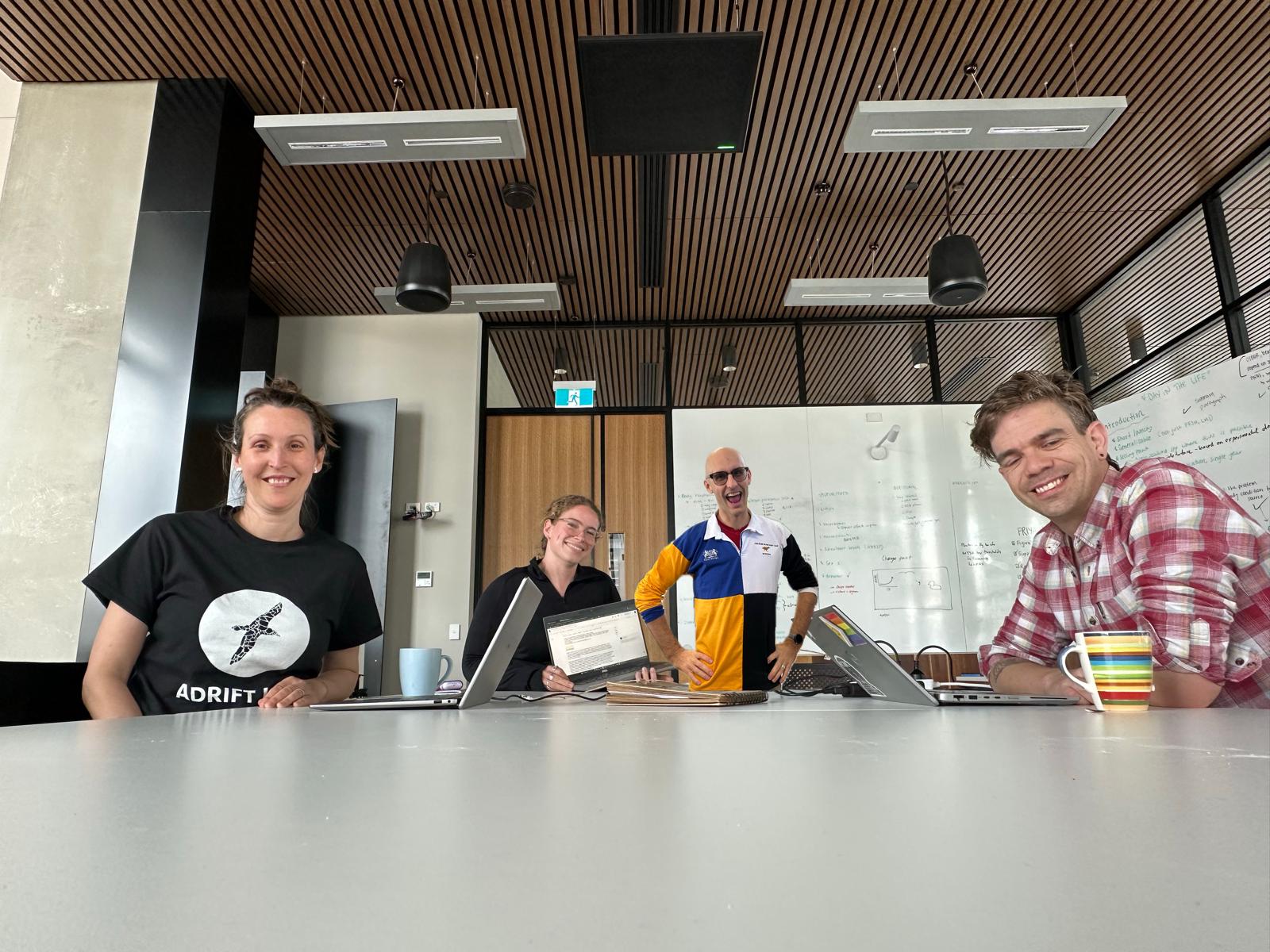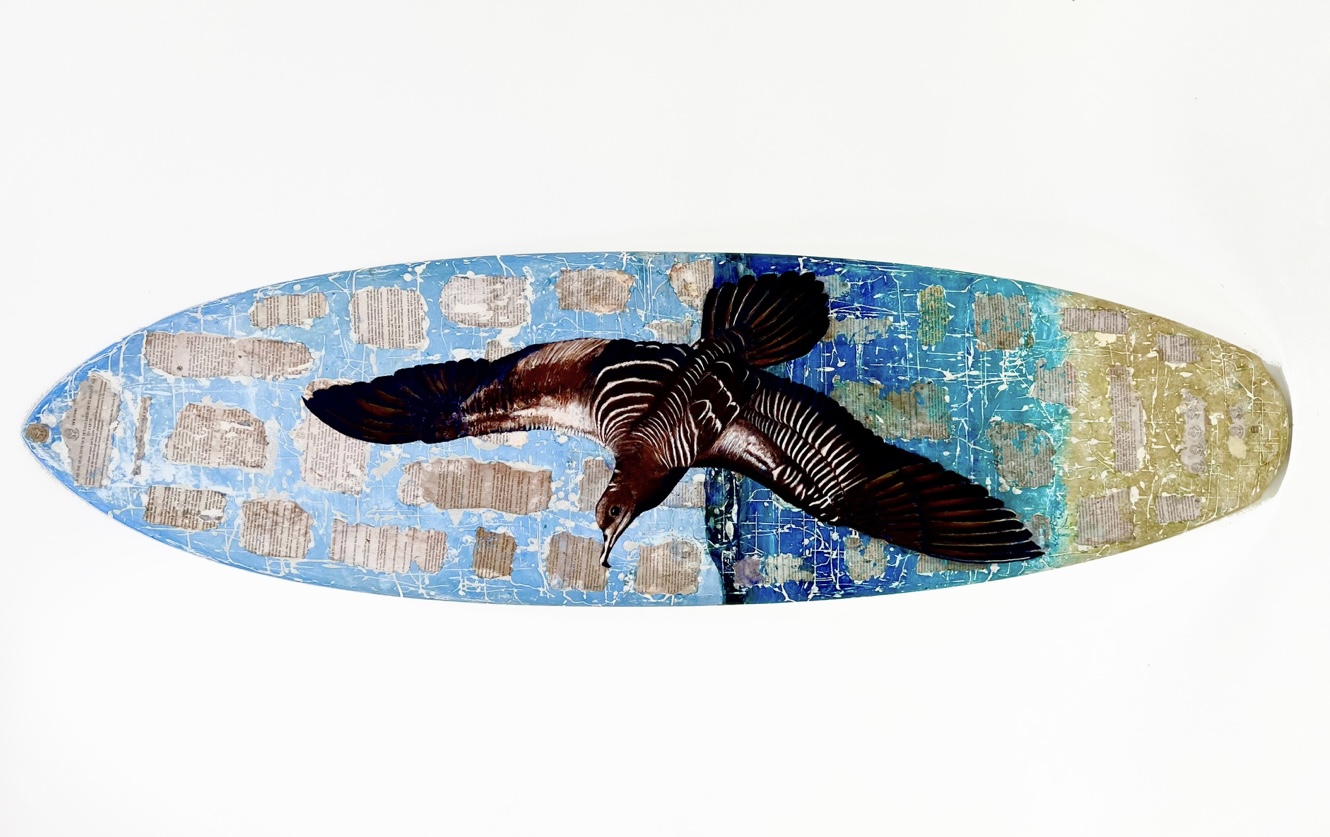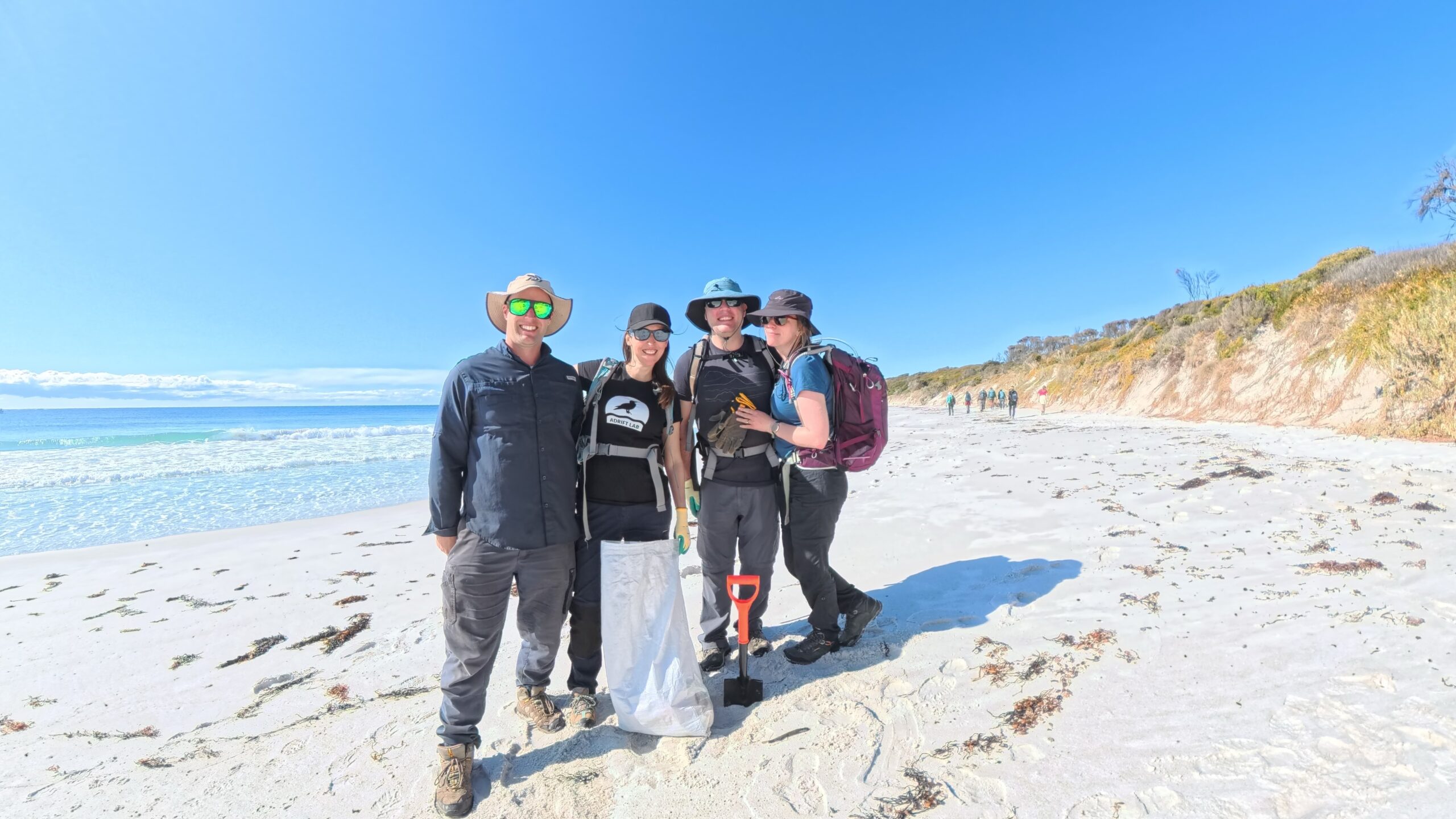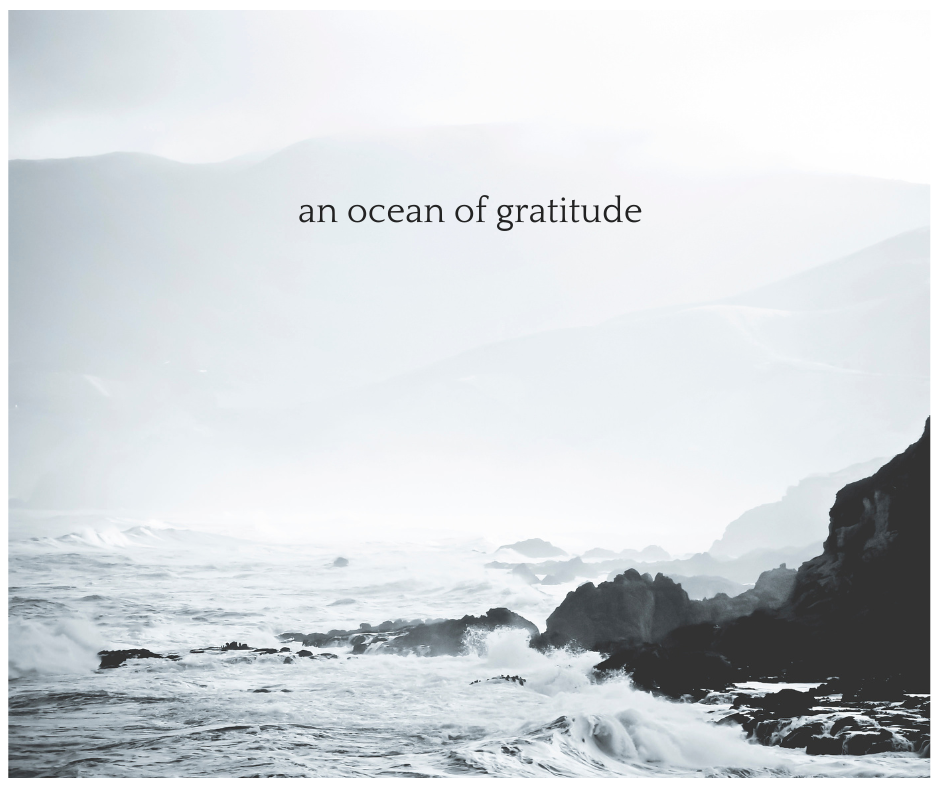What is the Current Data on Beach Debris Telling Us?

Catarina Serra-Goncalves from Adrift Lab and the Institute of Marine and Antarctic Studies critically led a systematic review to assess the quality of the available data on beach debris worldwide by analysing over 1000 peer-reviewed studies with the help of the amazing volunteers Bernadette Willey and Eliza Kimlin.
From a total of 1000 papers, only 174 were able to be included and therefore analysed in this study. Catarina found that the reported parameters from the included studies that there was a considerable percentage of non-reported information in addition to a lack of important information regarding methodology, meaning many studies were unable to be replicated or properly interpreted. From the total studies evaluated, 27.0% reported marine debris densities in metrics that were not comparable.
The results suggest that standardisation of sampling techniques and reporting metrics is required if we want to understand the actual patterns of beach debris. This reveals not only the importance for a much needed consensus among researchers but also how the importance of community science that can play an important and crucial role by providing not only big datasets at a temporal and geographical scale, but also by engaging the communities and raising public awareness.
The systematic reviewed entitled “Global review of beach debris monitoring and future recommendations” was just published by Environmental Science & Technology and constitutes Catarina’s first chapter of her PhD. By analysing the present research regarding beach debris, the Adrift Lab team were able to highlight where most urgent actions are needed and were able to provide recommendations for future studies.
“We need to be more aware about the importance of the data we are publishing, what we are reporting and how we are reporting it. In other words, we need to start speaking the same language and work together towards a solution, or we will not be able to understand what is happening, where it is happening, and how we can solve it.”
— Catarina Serra Goncalves
For the rest of her PhD, Catarina is assessing the effectiveness of different mitigation strategies aimed to reduce marine debris in the environment together with Dr Jennifer Lavers, Alex Bond and Heidi Taylor by using community-driven data collected with a standardised methodology (AMDI database) and hosted by The Tangaroa Blue Foundation.
Subscribe for updates
Keep up to date with what we’re working on! We’ll send you emails about the lists you opt in to, and you can unsubscribe at any time.
